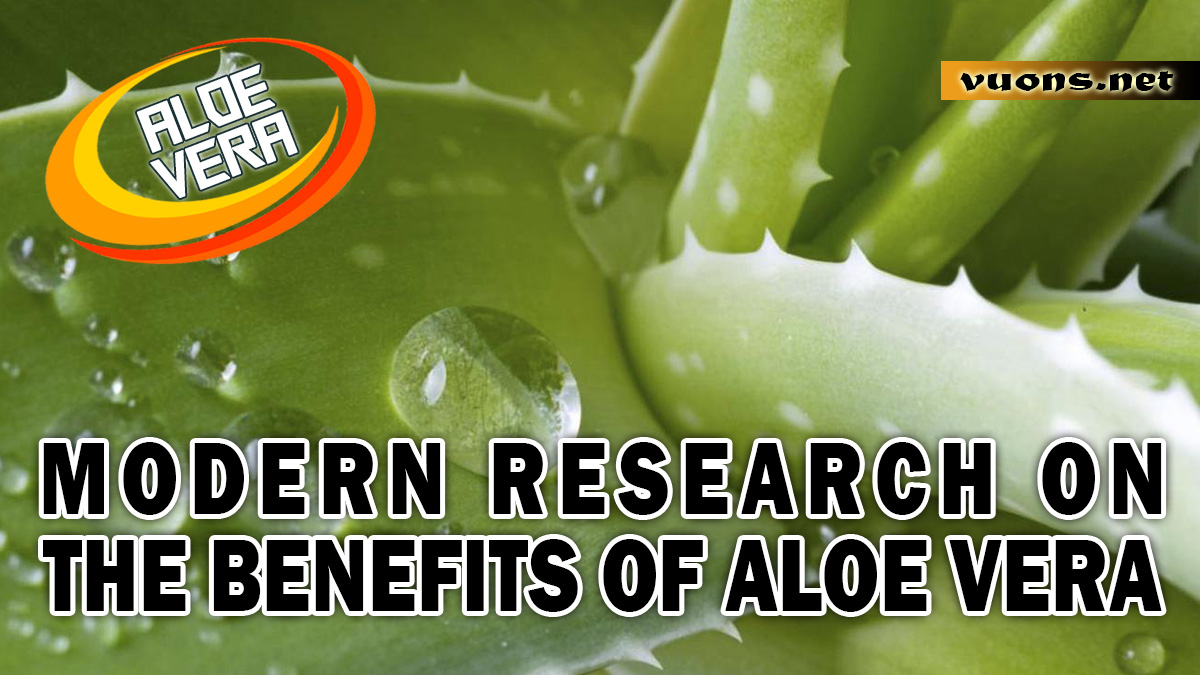Aloe Vera: A Plant with Many Benefits for the Body
History and Origin of Aloe Vera
Aloe vera has long been known as a plant with many benefits. The history and origins of aloe vera are rich and interesting, reflecting how humans have utilized this plant for thousands of years. Aloe vera is believed to originate from the Arabian and North African regions. However, its extraordinary popularity has made it spread to various parts of the world, especially in tropical and subtropical regions.
Aloe vera was first recorded in Ancient Egyptian history around 6,000 years ago. The Egyptians called it the “plant of immortality” and used it in various religious rituals as well as a material for preserving mummies. Cleopatra, the legendary queen of Egypt, was known to use aloe vera as part of her beauty routine, utilizing its properties to keep her skin soft and glowing.
Apart from Egypt, aloe vera was also known in Ancient Greece and Rome. The famous Greek physician, Dioscorides, and the Roman surgeon, Galen, recorded the use of aloe vera in their medical works. Aloe vera is used to treat wounds, skin infections, and various other health problems.
The spread of aloe vera throughout the world cannot be separated from the role of explorers and traders. Aloe vera was brought to the Americas by Spanish explorers and became popular in the Caribbean and Latin America. Until now, aloe vera continues to be used in various health and beauty products, thanks to its extraordinary ability to heal and care for the body.
The history and origins of aloe vera show how valuable this plant is in various cultures. From Egypt to India, aloe vera has been an important part of medicinal and beauty traditions, making it an invaluable plant in modern health and beauty treatments.
Nutritional Content in Aloe Vera
Aloe vera is widely known for its incredible health benefits. The nutritional content in aloe vera is the key to its various healing properties. Aloe vera is rich in vitamins, minerals, enzymes and amino acids that contribute to body health.
One of the main components in aloe vera is vitamins. Aloe vera contains vitamins A, C, and E, which are all important antioxidants. This antioxidant helps protect body cells from damage caused by free radicals. In addition, aloe vera also contains vitamin B12, folate, and choline, which support normal body function and mental health.
The minerals in aloe vera are also diverse and useful. Some of the important minerals found in aloe vera include calcium, magnesium, zinc, chromium, selenium, sodium, iron, potassium, copper and manganese. These minerals support a variety of body functions, from maintaining bone health to regulating fluid balance and supporting the immune system.
Aloe vera also contains enzymes that aid digestion and reduce inflammation. Enzymes such as amylase, lipase, and protease help break down food and facilitate nutrient absorption. Additionally, these enzymes also help reduce inflammation in the body, which can reduce the risk of chronic disease.
Amino acids are another important nutrient found in aloe vera. Aloe vera contains 20 of the 22 amino acids needed by the body, including seven of the eight essential amino acids that the body cannot produce on its own. This amino acid is important for a variety of functions, including tissue growth and repair, enzyme production, and maintaining healthy skin.
The nutritional content in aloe vera makes it a very useful plant for health. With various vitamins, minerals, enzymes and amino acids in it, aloe vera not only supports healthy skin but also the health of the whole body.
Benefits of Aloe Vera for Skin Health
One of the main benefits of aloe vera is its ability to moisturize the skin. Aloe vera gel contains high water, so it can provide optimal hydration to the skin. It is especially useful for dry skin, helping to maintain skin moisture and elasticity without leaving a greasy feeling.
Aloe vera is also known for its soothing and wound healing properties. The aloin and polysaccharide content in aloe vera gel helps reduce inflammation and speed up the wound healing process. Therefore, aloe vera is often used to treat minor burns, insect bites, and skin irritations.
Additionally, aloe vera has anti-inflammatory and anti-bacterial properties, which help treat acne. Aloe vera gel can be used as a facial mask to relieve redness and swelling caused by acne, as well as prevent bacterial infections that can worsen acne conditions.
Aloe vera is also rich in antioxidants such as vitamins C and E, which help protect the skin from free radical damage. These antioxidants are important for keeping skin healthy, preventing premature aging, and reducing the appearance of fine lines and wrinkles.
Regular use of aloe vera can also help even out skin tone and reduce hyperpigmentation. The aloesin content in aloe vera works by inhibiting melanin production, so it can help lighten black spots and acne scars.
The benefits of aloe vera for skin health are numerous, making it an effective natural choice for daily skin care. With its ability to moisturize, soothe, heal and protect the skin, aloe vera is the perfect solution for various skin problems.
Benefits of Aloe Vera for Immune
Aloe vera is also rich in antioxidants, such as vitamin C, vitamin E, and beta-carotene. This antioxidant helps protect body cells from damage caused by free radicals. By reducing oxidative damage, aloe vera can help maintain cell health and strengthen the immune system.
In addition, aloe vera has anti-inflammatory properties which can help reduce inflammation in the body. Chronic inflammation is often the main cause of various diseases, including autoimmune and chronic diseases. By reducing inflammation, aloe vera can help maintain balance and normal function of the immune system.
Aloe vera also contains various enzymes that can help digestion. Healthy digestion is essential for a strong immune system, as approximately 70% of the immune system resides in the digestive tract. The enzymes in aloe vera, such as amylase and lipase, help break down food and increase the absorption of important nutrients, thereby supporting digestive and immune health.
The amino acids in aloe vera, including 7 of the 8 essential amino acids the body needs, also play an important role in maintaining immune system function. These amino acids support the production of proteins and enzymes necessary for an effective immune response.
Overall, the benefits of aloe vera for immunity are very significant. Containing polysaccharides, antioxidants, enzymes and amino acids, aloe vera can help strengthen the immune system, protect the body from infection and maintain overall health.




